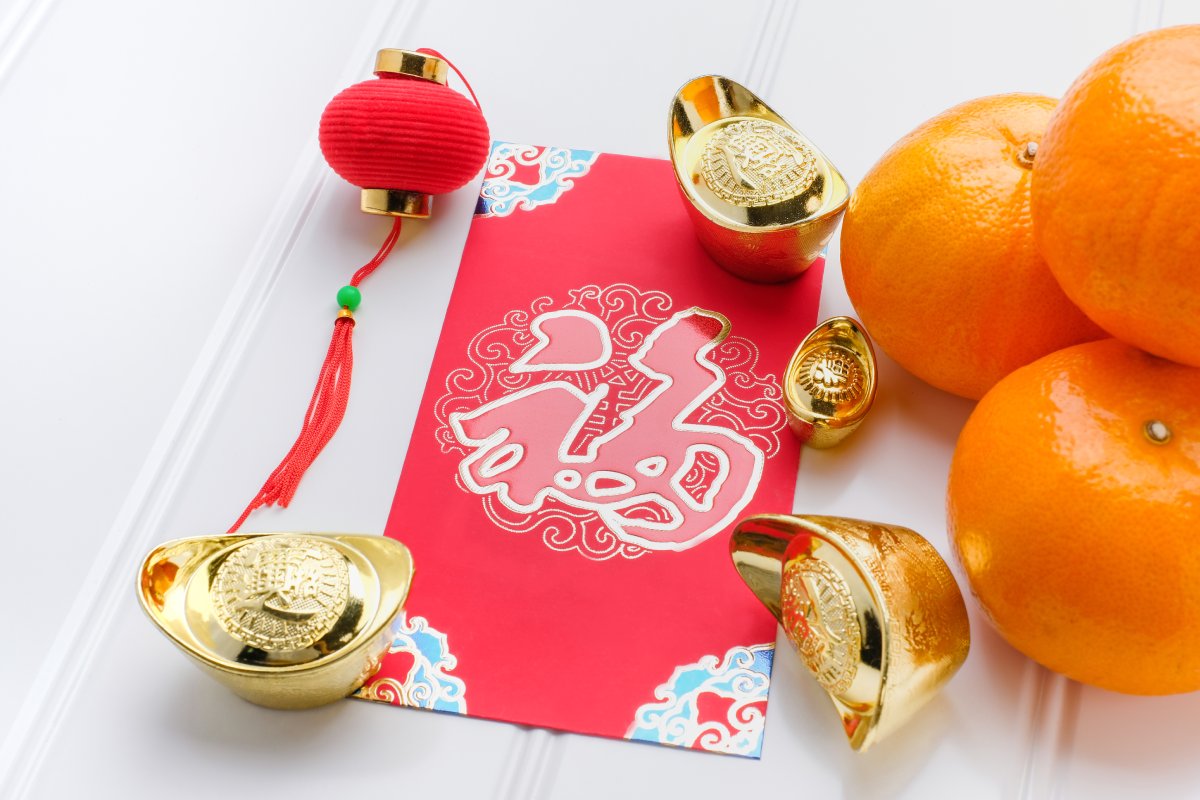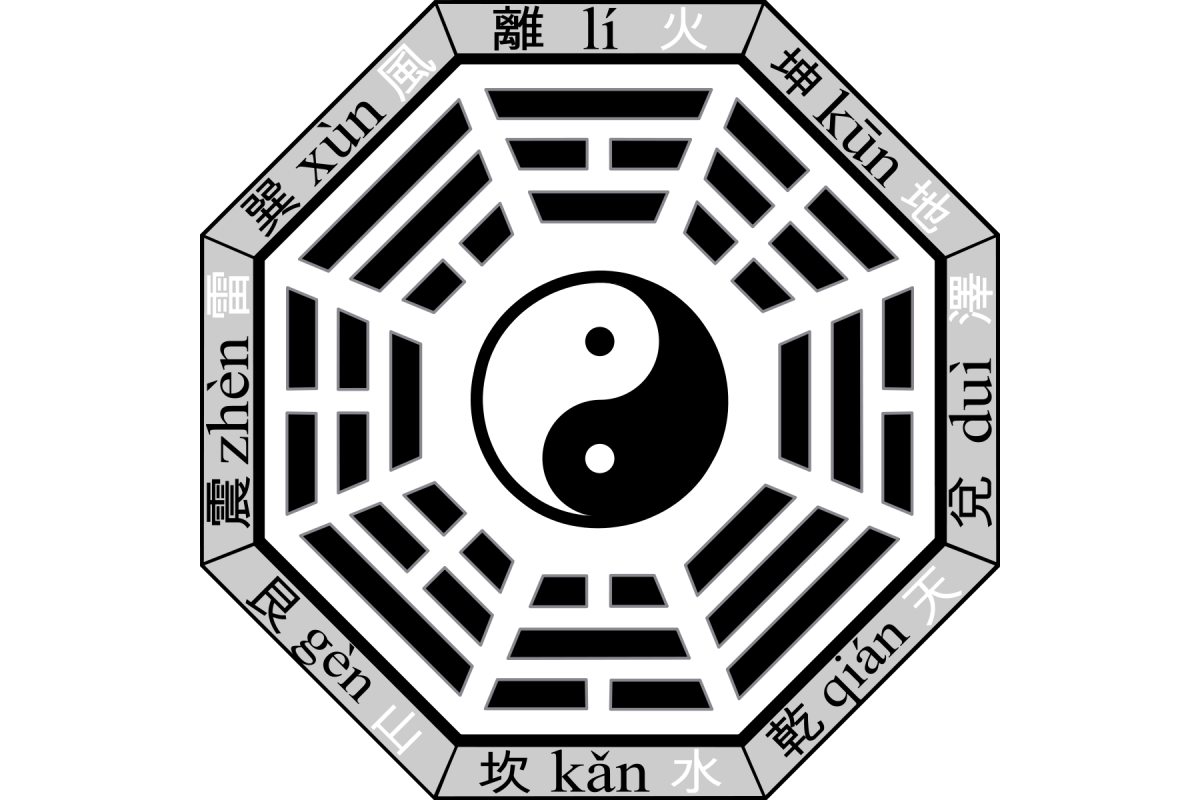
Feng Shui is an ancient Chinese practice that dates back thousands of years and is based on the belief that the environment has a direct impact on our lives. The practice involves arranging physical objects and maximising the flow of positive energy, or chi, in a space to create balance and harmony.
By improving your Feng Shui at home, you can promote good luck, wealth, and success and create a harmonious and balanced environment. In this article, we will explore the story behind Chinese Feng Shui, its benefits, and tips for improving your practice at home.

What is Feng Shui and what are the benefits of it?
Feng Shui is a Chinese practice to create harmonious and balanced environments. It involves arranging physical objects in a space to maximise the flow of positive energy, known as chi, and minimise the negative energy. This practice has been widely adopted in modern times, and people all over the world use it to improve their homes and workspaces.
Increase prosperity and abundance
One of the main benefits of feng shui is increased prosperity and abundance. The philosophy behind this is that positive energy brings good luck, wealth, and success. By creating a balanced and harmonious environment, you can attract positive energy and increase your chances of success and prosperity.
Improve health and well-being
Another benefit is improved health and well-being. The practice emphasises the importance of a clean and organised space, which can have a significant impact on mental and physical health. Good feng shui can also promote a sense of calm and balance, reducing stress and anxiety.
Improve relationships and communication
The practice can also help improve relationships and communication, as well as promotes balance and harmony which can extend to your personal relationships. A well-designed space can help you and others feel more relaxed and at ease.
Increase motivation and productivity
For those who work from home or in an office, feng shui can increase motivation and productivity. By creating a space that is free from clutter and distractions, and filled with positive energy, you can be more focused and motivated, leading to increased productivity and success.
Improve sleep and rest
The practice emphasises the importance of a peaceful and relaxing sleeping environment, and by adopting the principles, you can create a space that promotes restful sleep and improves overall health.
Improve the energy flow
Finally, feng shui can improve the energy flow in a space and reduce stress. By maximising the flow of positive energy and minimising the negative, you can create an environment that promotes relaxation, reduces stress, and improves overall well-being.
It’s important to note that while many people believe in the benefits of feng shui, it is a personal belief system and its benefits can vary from person to person. There is no scientific evidence to support the efficacy of the practice, and it is up to individuals to decide whether they believe in its principles and how they choose to implement them.
The Story Behind Chinese’s Feng Shui
The story behind Chinese Feng Shui dates back thousands of years to ancient China, when people believed that the environment they lived in had a significant impact on their lives. They believed that the arrangement of physical objects and the flow of energy, known as chi, in their homes and workplaces could influence their health, wealth, and success.
Feng Shui originated as a practice for the Chinese imperial court, where practitioners were hired to ensure that the palace was arranged in such a way as to promote good luck, wealth, and prosperity. Over time, the practice spread to the general population, and it became an important aspect of daily life.
The principles of Feng Shui are based on the idea that everything in the universe is connected, and that the environment in which we live has a direct impact on our lives. The practice involves arranging physical objects in a space to create a balance between the opposing forces of yin and yang, and to maximise the flow of positive energy, known as chi.
Feng Shui is also based on the principles of the 5 Elements – wood, fire, earth, metal, and water – which are believed to interact with each other in a cyclical manner, creating balance and harmony in the environment. Practitioners use this understanding of the Five Elements to create a space that promotes positive energy and reduces negative energy.
One of the key aspects of this is the use of symbols and objects to promote positive energy. This can include items such as images of dragons, symbols of wealth and prosperity, and plants, which are believed to help purify the air and promote positive energy.

How Can I Improve My Feng Shui at Home?
By implementing this ancient Chinese practice at home can have a profound impact on your life, promoting good luck, wealth, and success, and creating a harmonious and balanced environment. Here are some tips for improving your Feng Shui at home:
- Clean and declutter your space: A cluttered space can create negative energy and block the flow of positive energy. Start by decluttering your space and removing any items that you no longer need or use. Regular cleaning is also important for maintaining positive energy in your home.
- Maximise natural light: Natural light is important for promoting positive energy in your home. Make sure your windows are clean and free from obstructions and consider adding additional lighting if necessary.
- Add plants: Plants are believed to help purify the air and promote positive energy in your home. Choose plants that are easy to care for and place them in areas where they will receive plenty of sunlight. Maintaining your garden could be useful as it creates a sense of nature and refreshes your mind.
- Create a focal point: Having a focal point in your home can help create a sense of balance and harmony. Consider adding a piece of artwork, a piece of furniture, or a collection of objects to create a focal point in each room.
- Use the right colours: Colour is one of the important aspects, and different colours are believed to promote different emotions and energy. For example, red is believed to promote energy and excitement, while blue is believed to promote calm and relaxation. Choose colours that reflect the mood you want to create in each room.
- Create a positive entrance: The entrance to your home is related as well. Make sure the entrance is well lit, clean, and free from clutter. Consider adding a welcome mat, a piece of artwork, or a collection of objects to create a positive first impression.
- Use the Bagua map: The Bagua map is an important tool in Feng Shui, and it can help you determine which areas of your home are associated with different aspects of your life, such as career, wealth, and relationships. Use the map to help guide you in placing objects and decorating each room.
- Incorporate symbols of wealth and prosperity: Symbols of wealth and prosperity, such as images of dragons, coins, and wealth vases, are believed to promote financial success and abundance. Place these symbols in areas of your home associated with wealth and prosperity, according to the Bagua map.
- Balance yin and yang: The principles of yin and yang is that all things exist as inseparable and contradictory opposites, and it is important to balance these opposing forces in each room. Use light and dark colours, soft and hard textures, and other elements to create balance in each room.
Improving your Feng Shui at home can have a positive impact on your life, promoting good luck, wealth, and success, and creating a harmonious and balanced environment. By following these tips, you not only improve superstitious belief but also the physical practice as well.
In conclusion
Feng Shui is still relevant because it promotes well-being, improves relationships and communication, increases motivation and productivity, improves sleep and rest, and improves the energy flow in a space and reduces stress. Whether you are looking to improve your home or work environment, feng shui can be a powerful tool for creating a balanced and harmonious space.
Even though the practice is mainly based on belief, it can make a great impact on our lives as we could see the practice is still widely used and continues to be an important aspect of daily life in many parts of the world.
Whether you are a seasoned practitioner or new to the concept, following these tips can help you create a space that supports your goals and enhances your quality of life.


